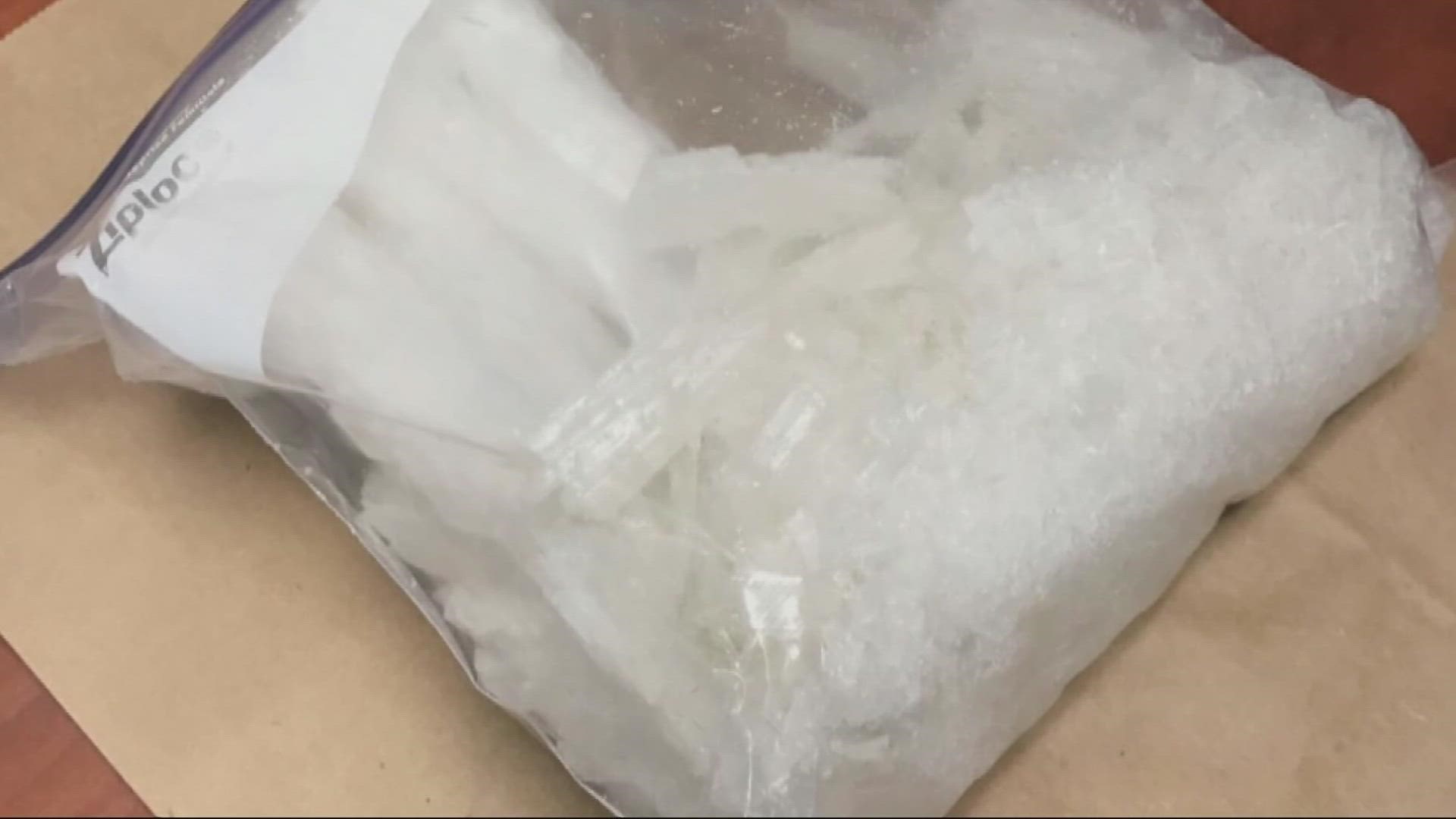PORTLAND, Ore. — An Oregon law intended to battle drug addiction by connecting users with treatment instead of jail time has thus far failed to live up to its promise due in part to administrative gridlock, but state officials are now hopeful that the project is getting back on track.
Oregon Secretary of State Shemia Fagan shared a personal story about drug addiction during a virtual hearing Thursday discussing the outcomes of Measure 110, passed in November 2020.
"My mom battled meth and heroin addiction for most of my childhood," Fagan said. "I'm very deeply impacted by the drug abuse crisis we have here in Oregon."
Measure 110 redirects millions of dollars in tax revenue from Oregon's legal marijuana industry to substance abuse treatment. The law also decriminalizes small amounts of drugs like heroin, cocaine and meth. But there's a major problem with the state's rollout thus far.
"Ballot Measure 110 has not been implemented without some bumps along the way — and some significant bumps along the way," said Steve Allen, behavioral health director at the Oregon Health Authority.
These "bumps," as Allen called them, were documented during an SOS office audit of Measure 110 implementation, addressed during Thursday's virtual hearing.
State auditors found that only a fraction of the funding earmarked for treatment centers has actually been sent out. This means people who need help might not be getting it as quickly as they could, at the same time that user amounts of substances have been effectively de-criminalized.
"We need to support those organizations that stood up, filled out applications, and were approved by the council, and get funding out the door for those," Allen said.
Allen promised better days ahead. And really, for the Measure 110 program, a change is critical.
"I think we're well-positioned for a rapid increase in overdose deaths," he said.
Overdose deaths are something Measure 110 was passed, in part, to prevent — but thus far expectations have not been met.
"When the voters of Oregon passed Measure 110 we did so because we wanted to change a policy in Oregon to improve the lives of people, to improve our communities ... and in the years since, we haven't seen that play out," Fagan said.
If you ask law enforcement officials, many will say that Measure 110's decriminalization of drugs has contributed to the epidemic of fentanyl use and overdose deaths in Oregon. But Measure 110 proponents disagree, as the latest fentanyl-fueled surge in the opioid crisis has unfolded throughout the U.S. despite many states having much tougher drug laws.
Regardless, the intention of Measure 110 was to pair decriminalization with widespread availability of addiction treatment for users, which has yet to materialize.
The full SOS audit report is not expected to be publicly released until fall of this year.

